Organized for the Dutch market, Syngenta's Inspiration Day recently took place in the port of Rotterdam. In between imposing container ships, a large group of Dutch growers was received at Futureland. The turnout was great. So much so that it had to be split into two groups to ensure a corona-proof event.
Prior to the speakers' presentations, there was room to see and discuss the varieties in all tomato and bell pepper segments with one of the Syngenta people.
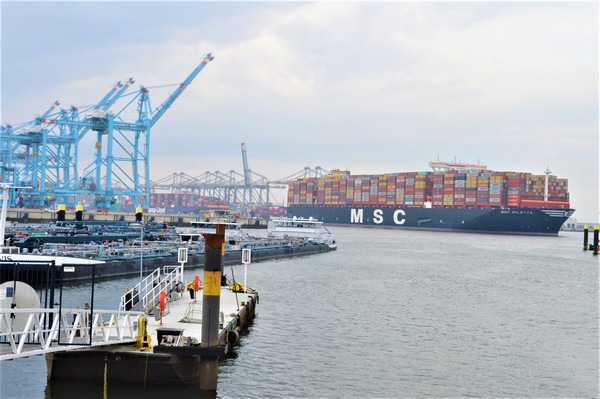
Breedig trials specialists
We spoke with Geoffrey Hibbs. Geoffrey is a breeding trials specialist and, in that capacity, he assesses whether new varieties can move on to the next stage in the breeding process. He follows up on the trials of the latest varieties early on. With him, we discuss a number of varieties that are still in the pre-commercial stage. Large-scale trials are being prepared for these because they are promising ones.
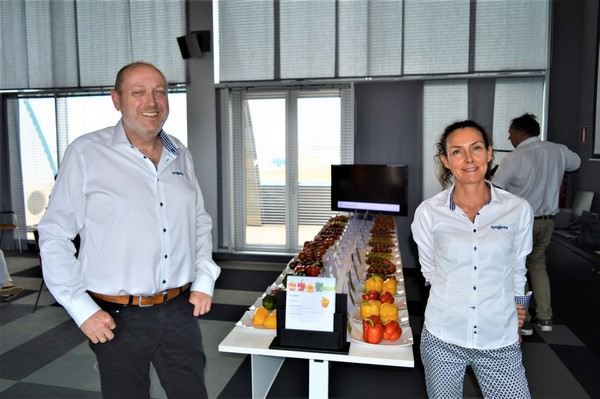
Guido de Wit and Marie Legendre
KM2003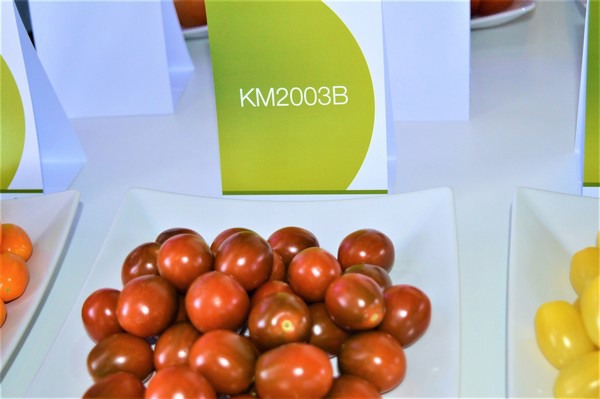 This cherry tomato makes its own sucrose, so the entire growing process requires less energy from the crop. Geoffrey: "That is beneficial for the taste. We can call that a golden combination. Moreover, the production is 15-20% greater than that of the standard variety in this segment."
This cherry tomato makes its own sucrose, so the entire growing process requires less energy from the crop. Geoffrey: "That is beneficial for the taste. We can call that a golden combination. Moreover, the production is 15-20% greater than that of the standard variety in this segment."
3T6D0242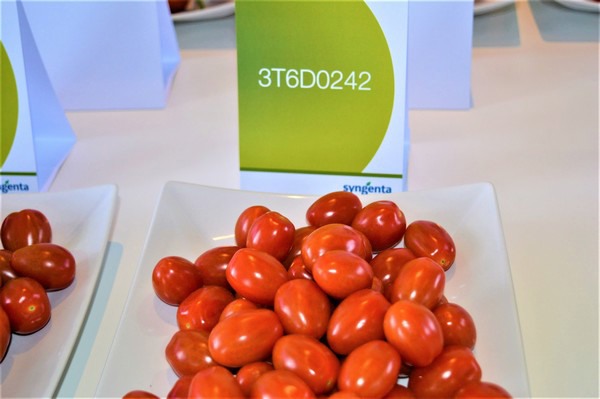 The taste experience of this tomato is similar to that of the Angelle's. Geoffrey: "A soft taste. It melts in your mouth. In terms of yield, this variety is better than the Sweetelle. It has shorter vines, which makes the crop more labor-friendly."
The taste experience of this tomato is similar to that of the Angelle's. Geoffrey: "A soft taste. It melts in your mouth. In terms of yield, this variety is better than the Sweetelle. It has shorter vines, which makes the crop more labor-friendly."
8C18301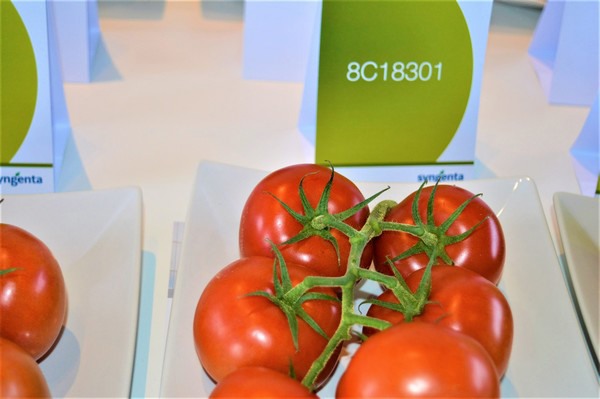
This variety belongs to the medium vine segment. Geoffrey: "The 8C18301 really stood out in our evaluations compared to two leading varieties. Certainly, as regards production in general, as well as early production specifically, it was clear that this variety may go on to larger-scale field trials." Its flavor is similar to that of the Sevance.
8C16319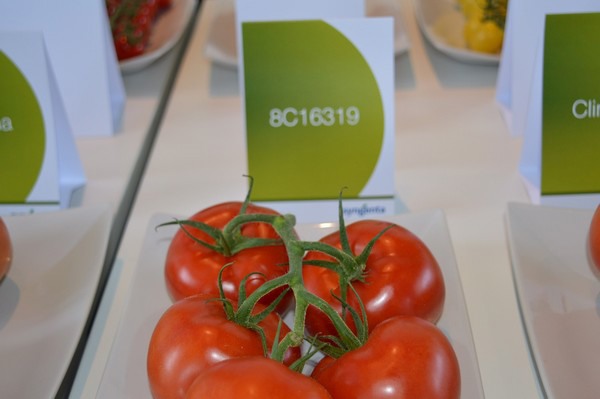 This vine tomato deserves a place in the spotlight because of its high production figures. Geoffrey: "Those figures are about 10% higher than the current standard in this segment."
This vine tomato deserves a place in the spotlight because of its high production figures. Geoffrey: "Those figures are about 10% higher than the current standard in this segment."
605156 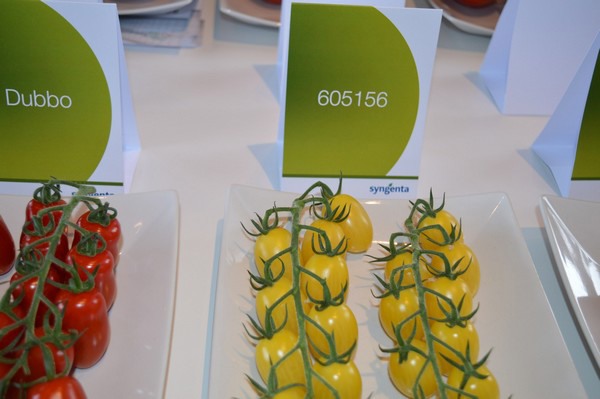 Lastly, Geoffrey shows us the 605156. "This is an improved version of the Lemonade. The presentation is perfect, and the taste especially delicious."
Lastly, Geoffrey shows us the 605156. "This is an improved version of the Lemonade. The presentation is perfect, and the taste especially delicious."
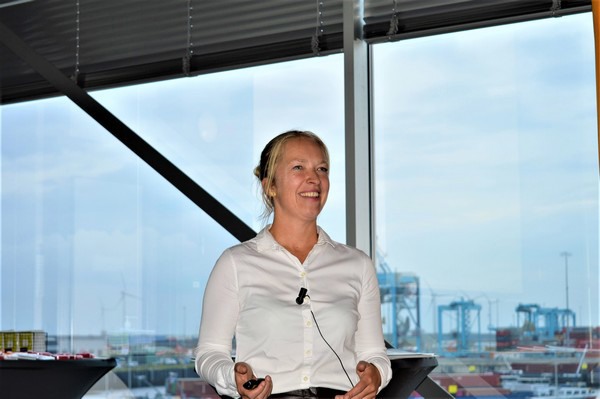
Annelies Justé
ToBRFV
Annelies Justé, of DCM, is a bioengineer and PhD student in microbiology, and she is conducting intensive research on ToBRFV. She shared her practical knowledge in her presentation. One of the bad things about this virus is that a crop could be infected but give no sign of it yet. Apparently, a long time will pass between infection and symptoms. And this is also variable.
Mechanical infection is also a tricky one. A virus on a surface can still be transmitted after between six months and a year. Testing is therefore essential, and that can be done in various ways: via drain samples, leaf samples, and swabs.
By now, tomato growers are well aware of the threat of ToBRFV. Nevertheless, it still goes wrong sometimes. Annelies has heard the stories about you 'never' really getting rid of it, which fortunately is not entirely true. Annelies also knows of examples of greenhouses that are completely clean again after a thorough cleaning. "You shouldn't forget critical places in the greenhouse, such as carts, gutters, or dust on the lamps."
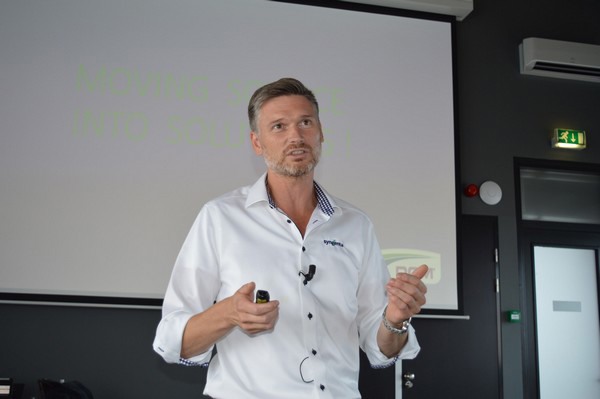
Ruud Kaagman
Ruud Kaagman, Global Crop Unit Head Tomato at Syngenta, discussed several points that a breeder should already be aware of in 2021. The breeding process takes ten years of research, so foresight is needed. There are key trends such as urbanization (leading to the professionalization of cultivation), changes in consumption behavior (the snack segment will continue to grow), sustainability (drought-resistant varieties and residue-free cultivation), automation/robotization (because labor will become a limiting factor anyway) and digitalization.
And on that last topic, it was time for Martin van Tol, of LetsGrow.com, to speak.
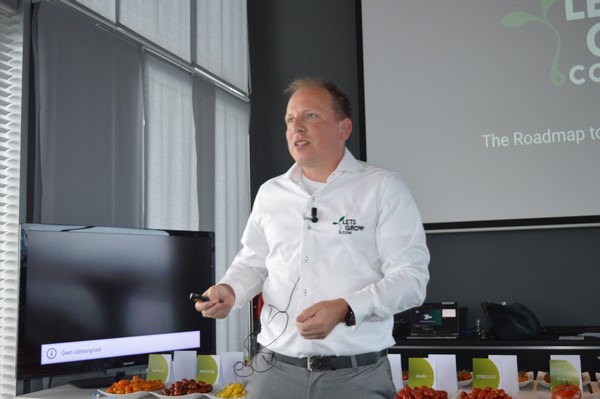
Martin van Tol
Data driven
Martin van Tol is sales manager at LetsGrow.com. He discussed the roadmap to Data Driven Growing. This is a term you hear a lot lately. Martin: "We create models to increase the Return on Investment for the grower based on data. That's the goal."
LetsGrow.com assigns values to data so that it becomes information. Based on that factual information, the grower can make informed decisions. He says they do so with the Plant Empowerment principles in mind; it's all about keeping the plant in balance.
The goal is certainly not to replace humans. The tools are there to help the growers. Data driven organizations will have even more opportunities to increase their ROI.
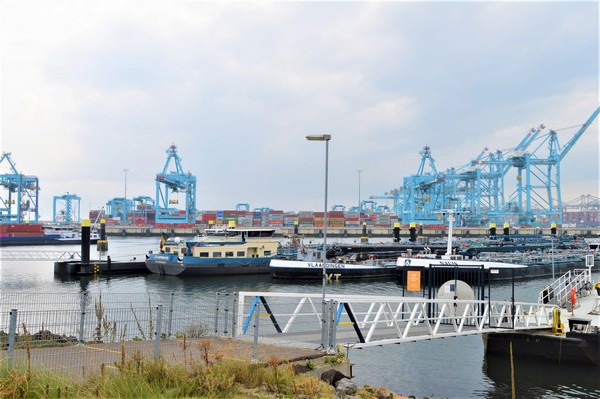
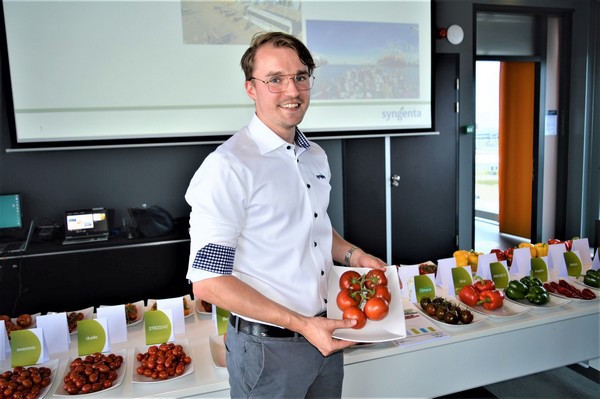
Geoffrey Hibbs with 8C18301
For more information:
Syngenta
www.syngenta.nl
Peter Colbers
Mobiel: +31 (0)6 1270 9364
peter.colbers@syngenta.com
Peter Geerts
Mobiel: +32 4 7531 5999
peter.geerts@syngenta.com
Rob Gevers
Mobiel: +31 (0)6 1383 4162
rob.gevers@syngenta.com
Pieter Stijnen
Mobiel: +32 4 7760 4912
pieter.stijnen@syngenta.com
Marcel Vis
Mobiel: +31 6 1296 4722
marcel.vis@syngenta.com
